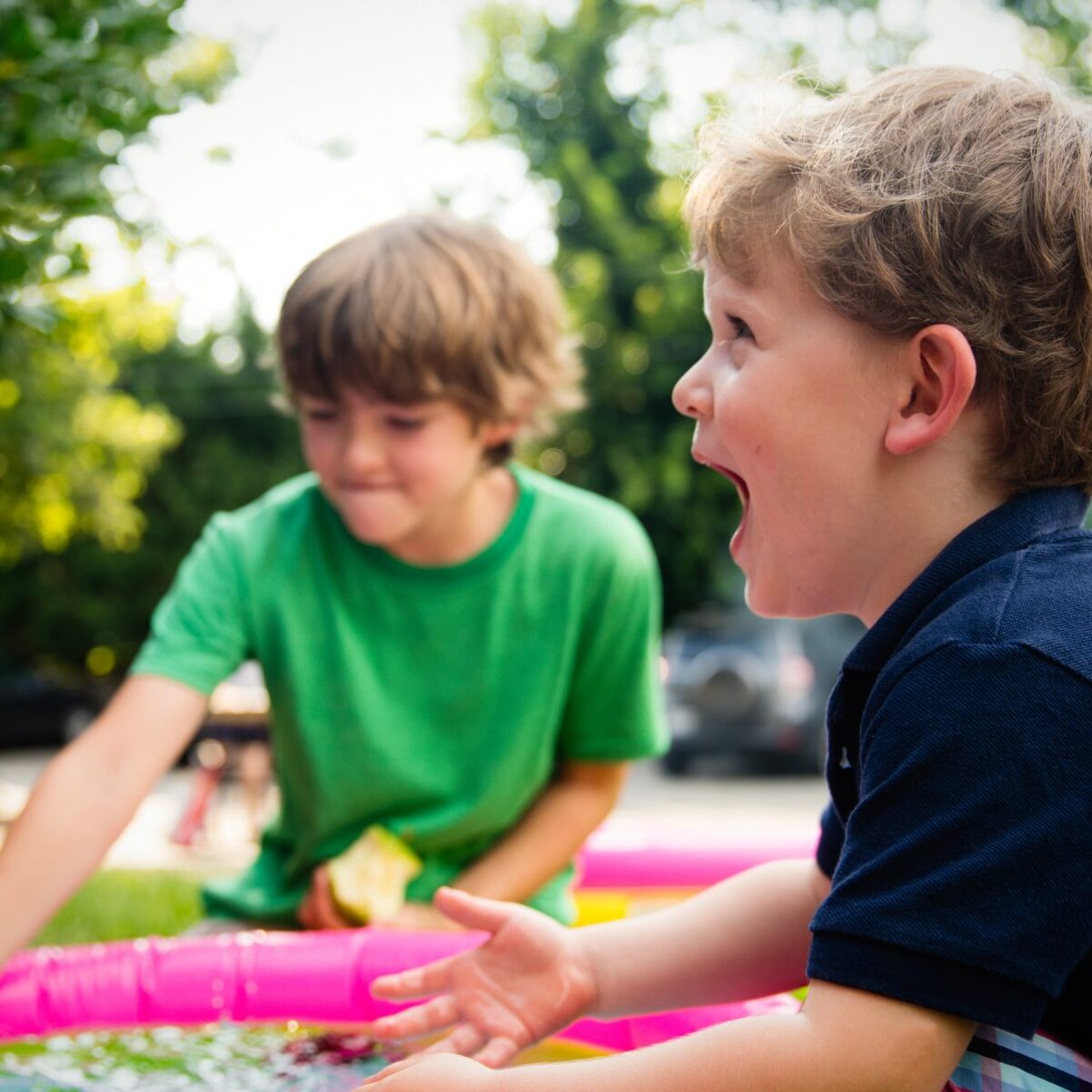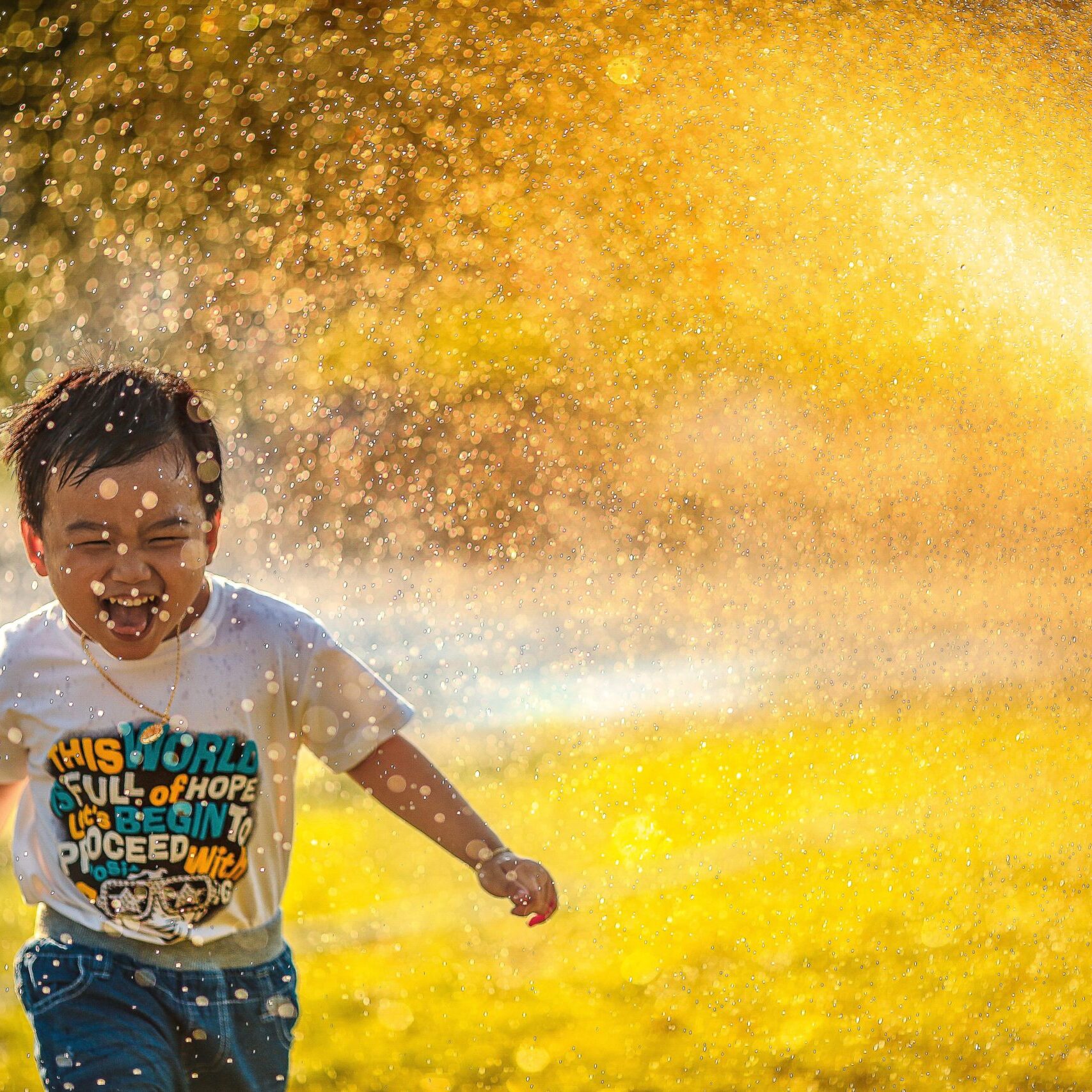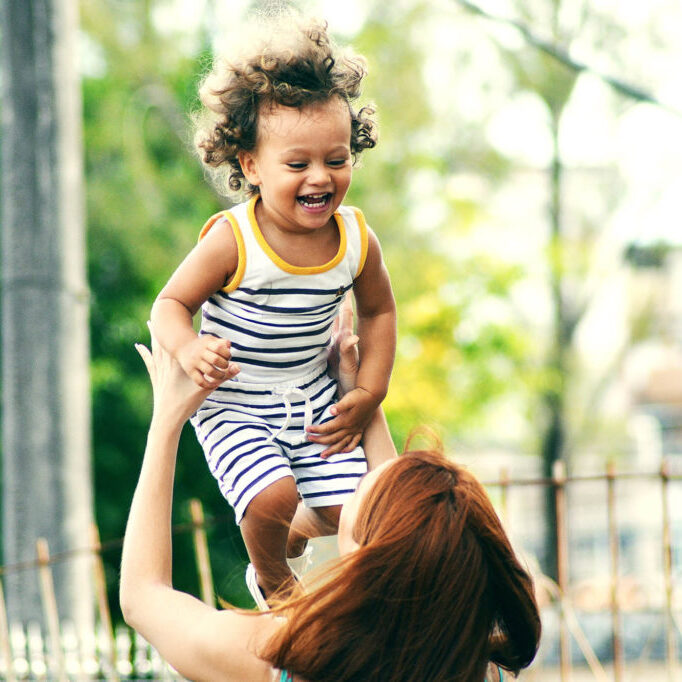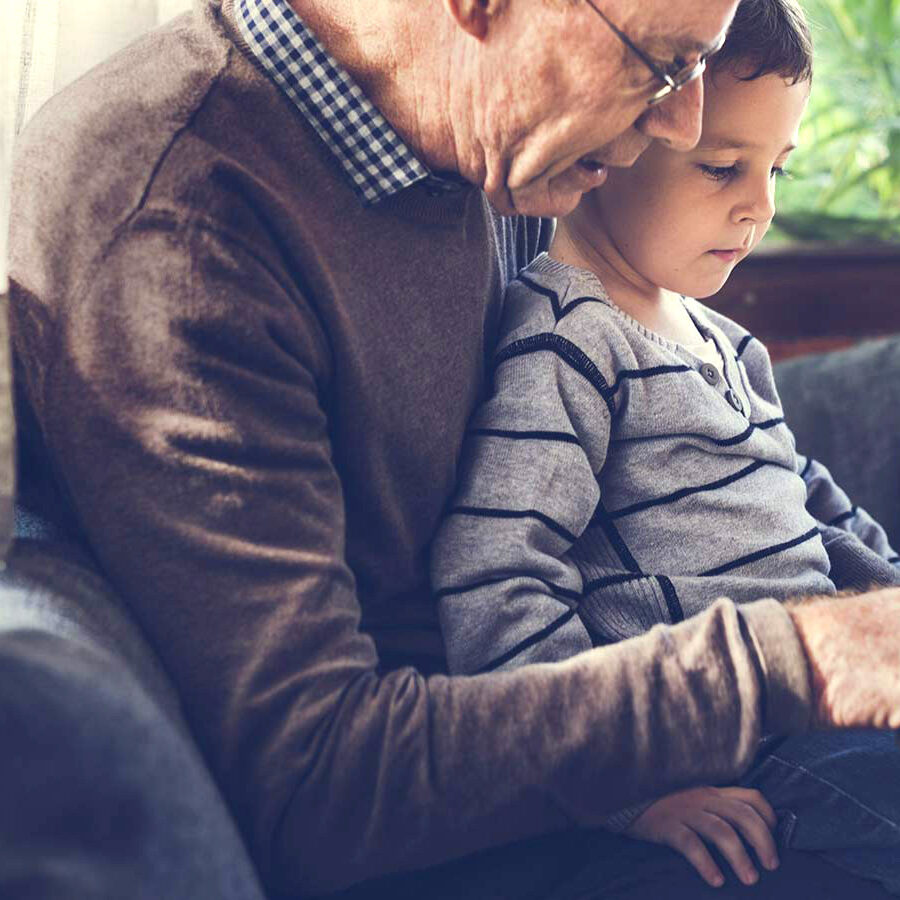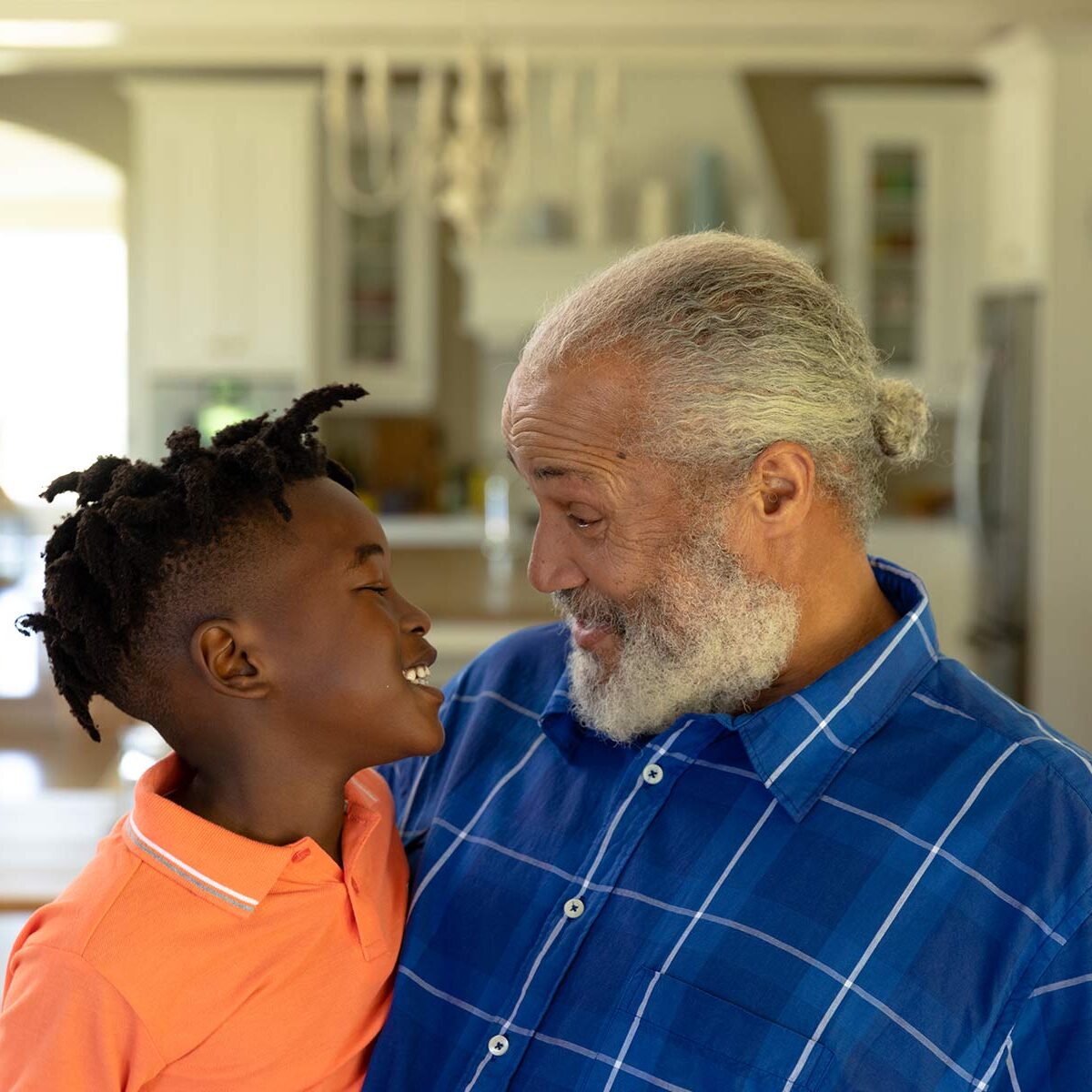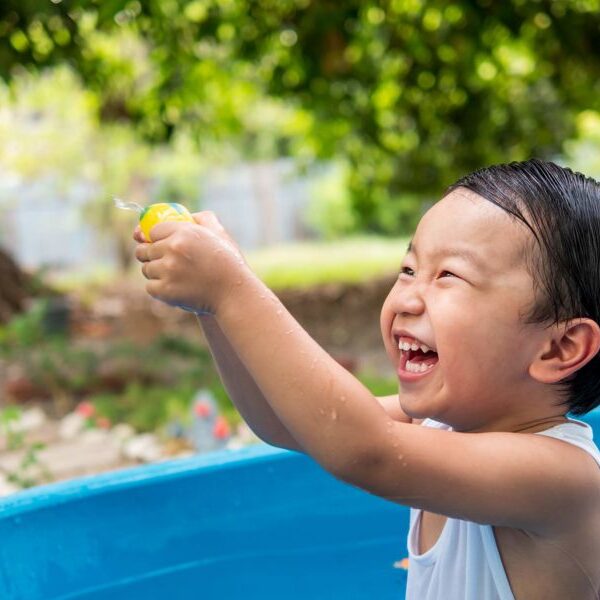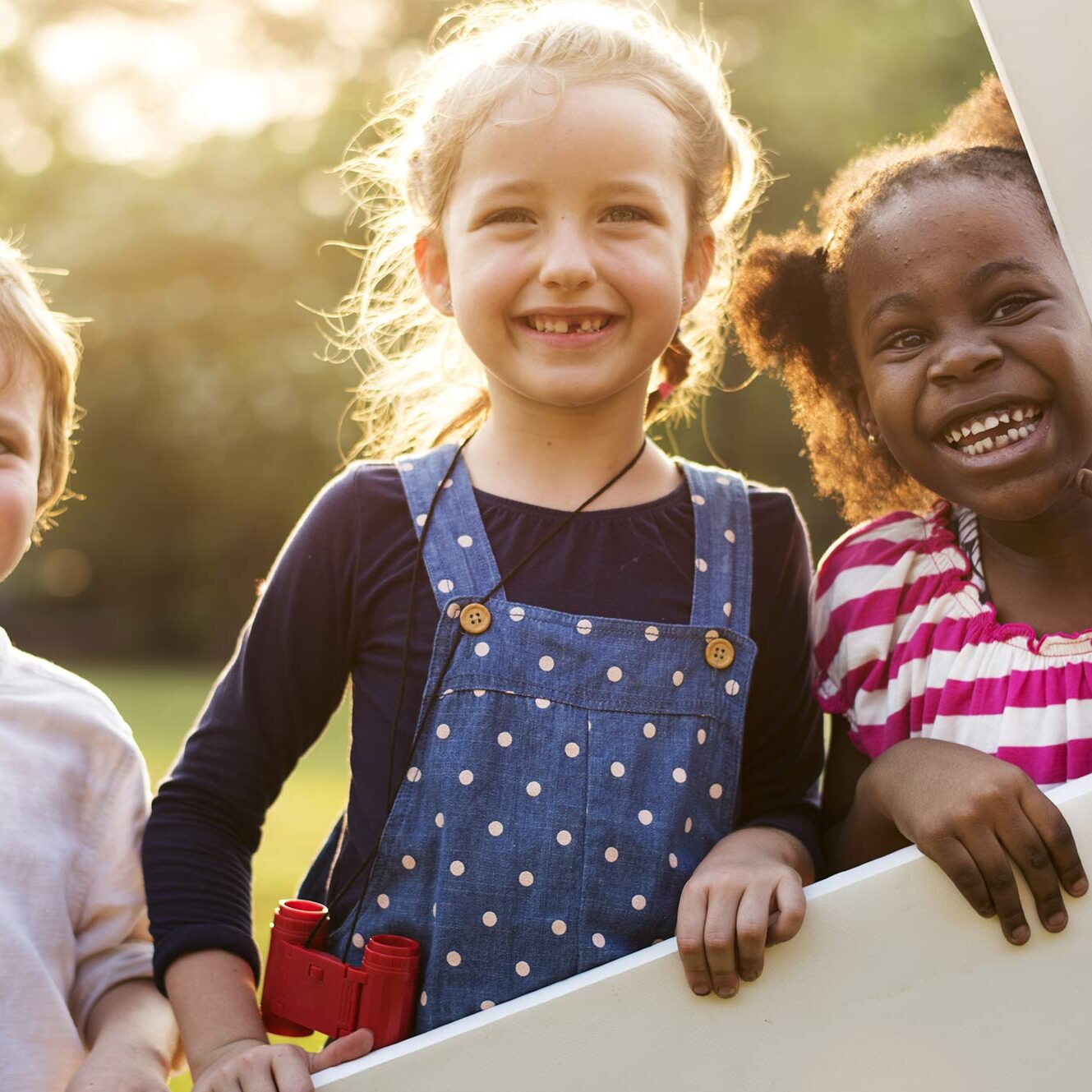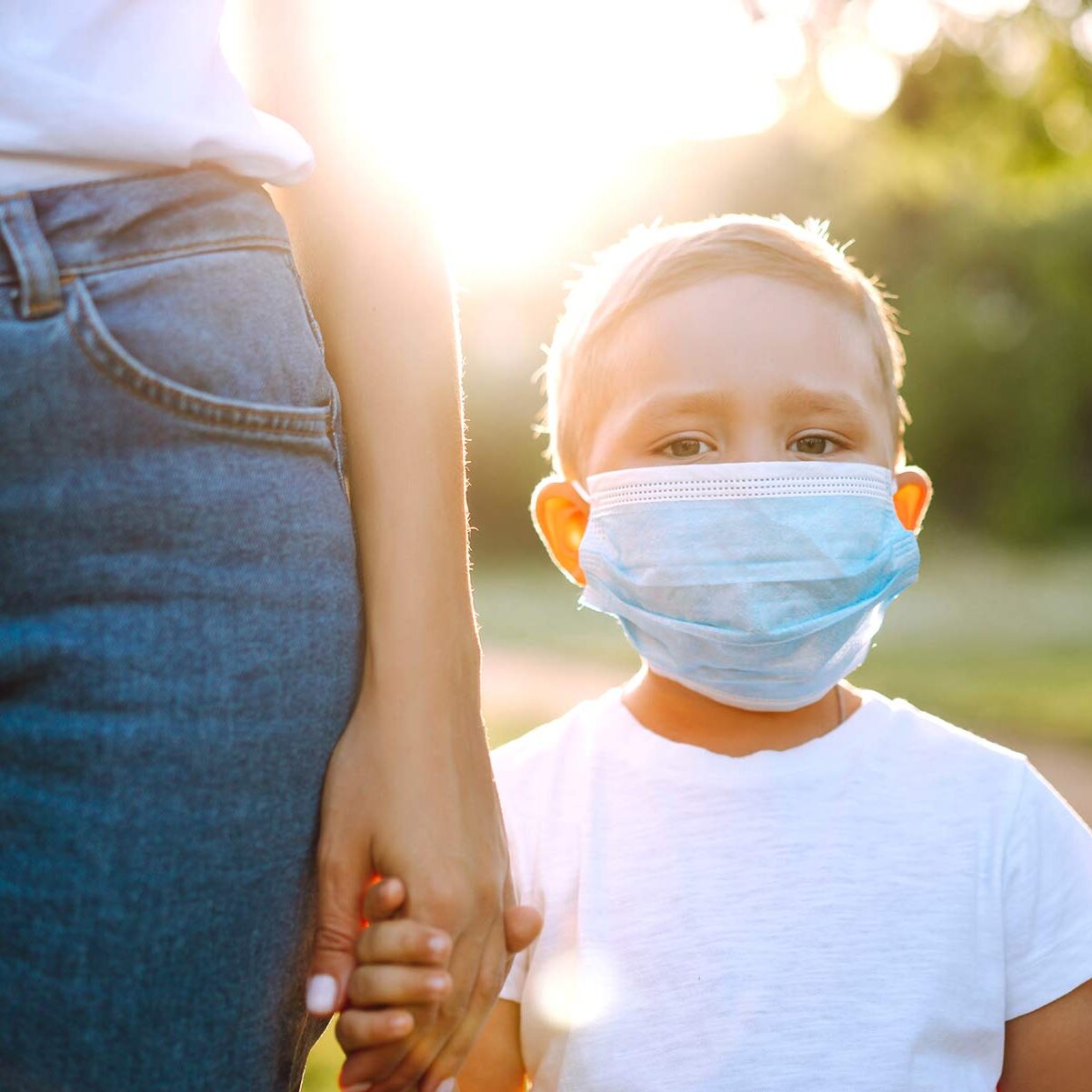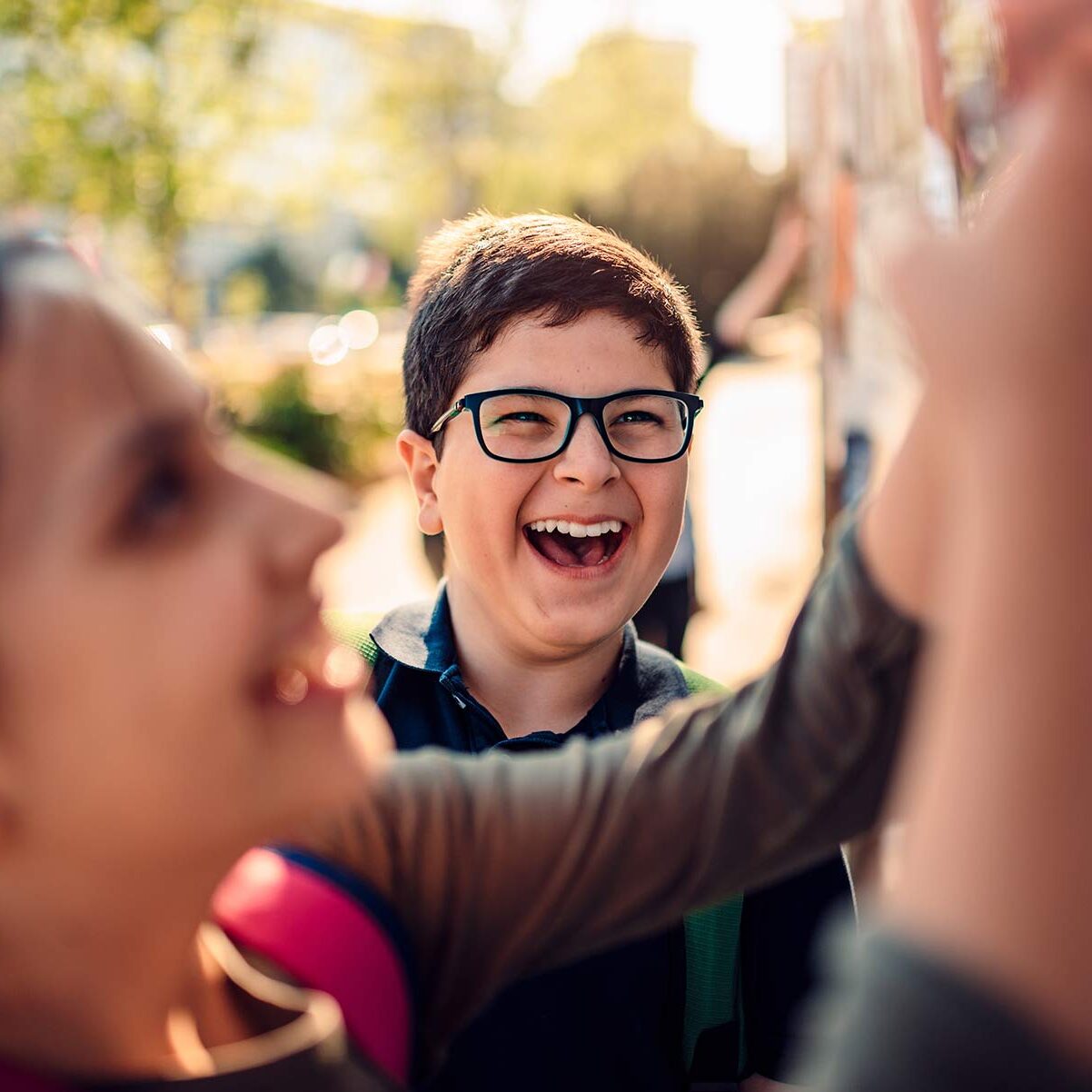
ABOUT THE AUTHOR
Shelly Bell
OhioKAN Regional Coach
Shelly facilitates implementation and coordination of OhioKAN Region 7, where she provides support to the navigator sites within the 5-county region, and collaborates with OhioKAN staff from other regions and the statewide team.
I want to take a moment to celebrate and recognize you, the kinship caregiver, and to reflect on the incredibly important work you do each day.
I also want to ask you to think about taking the best care of yourself that you can in this challenging and rewarding role.
There are two important reasons for this focus on you. First, in order to create a positive and healthy environment for the youth in your care, you need to take good care of yourself and meet your own needs, physical and emotional. Reason number two (and yes, it’s true!) is that YOU and YOUR well-being are just as important as the well-being of the youth you are caring for. Believe this. Know and understand your value. I promise you that you are worth it!
While self-care (rest, relaxation, socialization, pursuit of hobbies, etc.) is crucial for all of us, it is particularly relevant for individuals caring for youth who have experienced significant trauma.

This is because, when you are in close contact with someone who has experienced trauma (as many youth in care have), you may hear disturbing stories from the youth regarding their past experiences, you may see evidence of abuse, and you may feel resulting feelings of strong empathy. This can then create trauma in you, the caregiver. Trauma resulting from exposure to someone else’s trauma is a phenomenon known as secondary trauma. It is also called vicarious trauma, compassion fatigue and secondary traumatic stress.
According to Laura van Dernoot Lipsky – the best-selling author of “Trauma Stewardship” (considered by many in the mental health field to be the bible of secondary trauma guidance, and an important read for anyone struggling with the trauma of others) and founder of The Trauma Stewardship Institute – some warning signs of secondary trauma include feelings of helplessness and hopelessness, hypervigilance (a state of increased alertness to danger), chronic exhaustion, fearfulness, free-floating anger and cynicism, and feelings of numbness. Other common symptoms of secondary trauma include trouble sleeping, headaches, feeling trapped, and binge eating.
Secondary trauma-related changes can creep up on you so, in addition to taking a self-inventory, you may want to ask a loved one or close friend if they have noticed a difference in the way you behave day to day. If you feel there are some changes in you that may be attributable to secondary trauma, it’s time to pay close attention to what you need. These symptoms can be the natural responses of a compassionate human being to witnessing the suffering of another, and you absolutely deserve support.
Caring for kin is often an amazing and rewarding experience, but even beyond an empathetic response, witnessing the trauma of another can also bring some of our own past traumas to light.
This can be very difficult, but as long as we seek out needed support, it can be an opportunity to awaken to our own emotions, which may have been long neglected. If you don’t already have one, seek a support system through friends, family or a church group, and talk about your feelings when you have heard or seen something disturbing. Counseling may also be in order. For recommendations on support in your county, reach out to us directly, and we can help you explore options for support and healing.
Self-care is extremely important to minimize the effects of secondary trauma.
Writing, nature, meditation, social outings, pursuit of hobbies, physical activity, breathing exercises, and music are just a few paths to greater peace and nurture of self. And never underestimate the power of socialization. Don’t neglect your friends – they are really good for your mental health (the good friends, anyway)!
Be mindful of your media intake.
Violence in the media and in movies and TV shows can add to your stress. Studies have shown that the impact of media and movie violence can take a toll on your peace and well-being, and this additional stress is not something you need if you are struggling with secondary trauma.
Research illustrates the profound benefits of kinship care for children and youth. Kinship care minimizes a child’s trauma, improves their well-being, improves behavioral and mental health outcomes, and increases permanency, which is critically important for youth. Your dedication to the youth in your care is a truly beautiful thing. Commitment to your own peace and wellness as you care for youth who may have been deeply hurt is the best way to live in alignment with the meaningful role of kinship caregiver. The youth you care for deserve a caregiver who is able to live a full and happy emotional life. Just like the child or children in your charge, YOU TOO deserve all the peace and healing the world has to offer!





